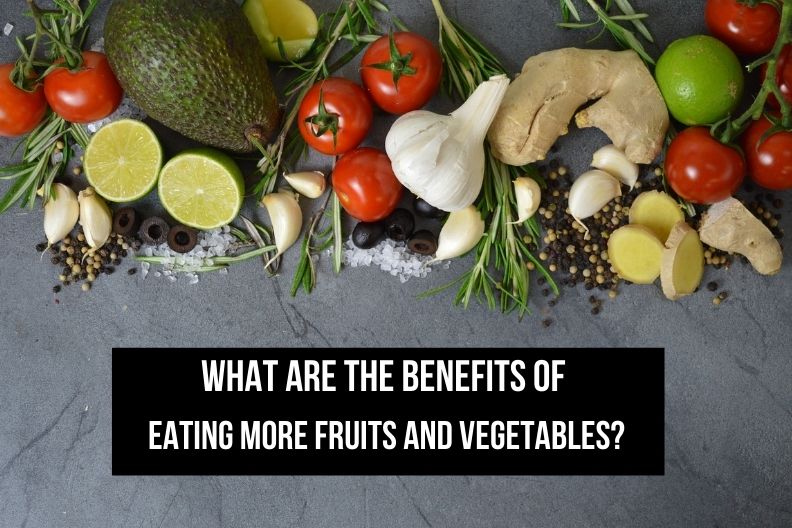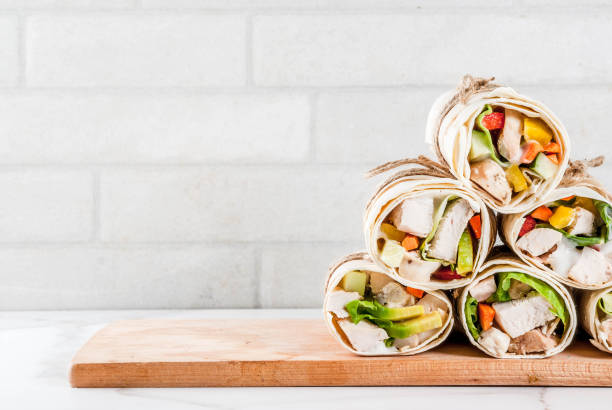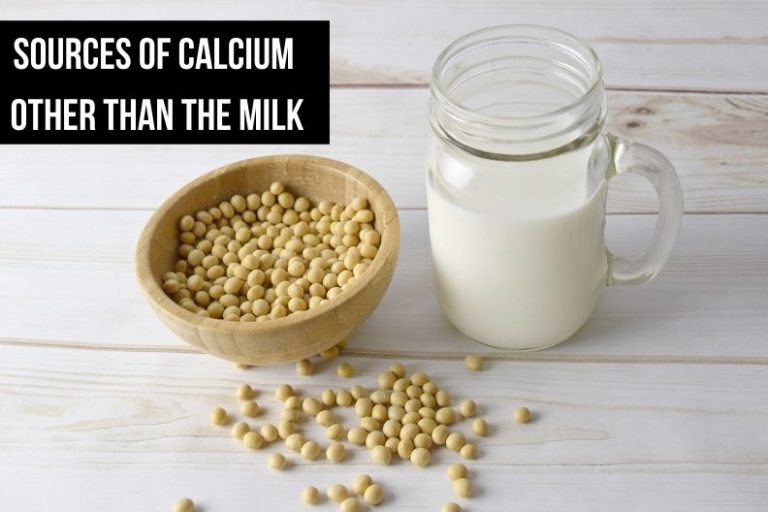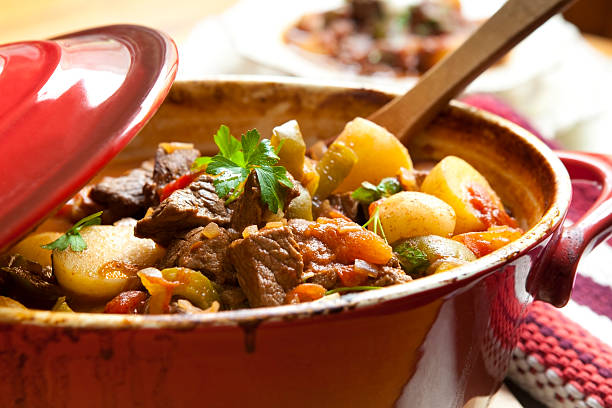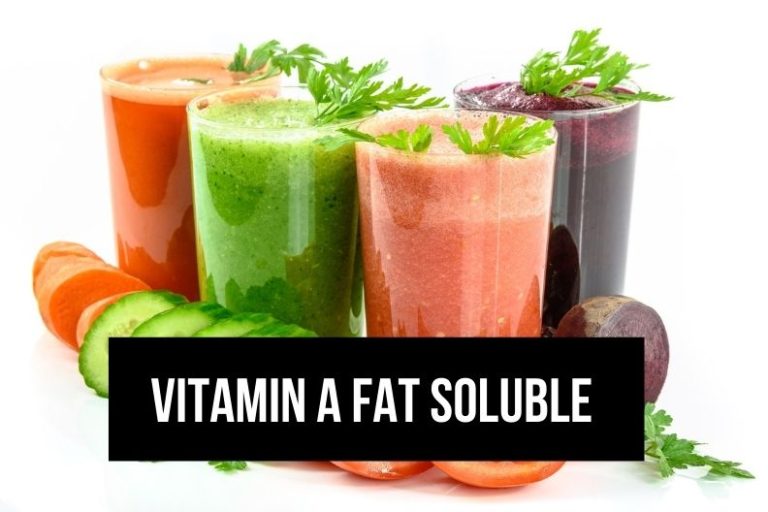What are the Benefits of Eating More Fruits and Vegetables?
This post contains affiliate links. This means I will make a commission at no extra cost to you should you click through and make a purchase. Read the full disclosure here.
Eating more fruits and vegetables is important as they’re full of vitamins and minerals that you need to remain healthy and running at your best. They’re also a lot cheaper than buying things like processed foods and junk food, so it’s a win-win! Once you start eating more fruits and vegetables you’ll notice you have more energy, and your skin will start looking healthier and clean. A lot of people don’t realize this but fruits and vegetables not only taste better, but they’re also a lot better for you, and it’s about time you made the switch from unhealthy food to this healthier choice. Let’s dive into the benefits!
Table of Contents
Benefits of Eating More Fruits and Vegetables?
Fruits and vegetables provide a variety of vitamins and minerals. You depend on them for vitamin C and two-thirds of vitamin A. They also help keep the chemistry of your body normal. They provide the soft bulk that makes possible the natural elimination of waste from the alimentary canal. They also help you achieve and maintain desirable weight since they are the food group lowest in calories.
With the exception of olives, avocados, and coconuts, they contain no saturated fat. For these reasons, they may help prevent and control diseases of the heart and the circulatory system.
Healthful bacteria in vegetables and fruits help the intestinal tract to make other vitamins. These vitamins include K, folic acid, biotin, choline, and B6. Bacteria produced from eating meat, fish, poultry, and eggs are the putrefactive (decay-causing) type. Fruits and vegetables are needed to counterbalance putrefaction.
Are Potatoes Fattening?
It is a common mistake to think that potatoes are fattening. In fact, an average-sized potato contains only 90 calories. Potatoes are recommended for people in all age groups including those on weight-control diets. That is because white and sweet potatoes contain a wide variety of nutrients.
A baked potato of about 140g (5 oz) contains 22 milligrams of vitamin C. This is almost half the amount recommended daily for a child until age 12. Next to citrus fruits and tomatoes, potatoes can provide more vitamin C for the money than any other food.
Why Do We Need Vitamin C in Our Diet
Vitamin C, also known as L-ascorbic acid, is a powerful antioxidant that your body needs to form blood vessels, cartilage, muscle, and collagen in bones. In this section, I will dive into the main function of vitamin C in your body.
Teeth and Gums
Without enough vitamin C, teeth grow in an irregular way. Also gums bleed easily when brushed or when pressure is exerted.
Red Blood Cells
Vitamin C works with a team of nutrients – iron, copper, protein, folic acid, and others – in forming red blood cells in the bone marrow. This team also aids the absorption of iron. Hence it helps to prevent anemia, fatigue, and loss of energy.
Resistance to Infections and Diseases
Vitamin C helps to prevent and heal respiratory illnesses, infections, wounds, and diseases. Earlier generations hit upon the use of lemonade in treating colds and other respiratory disorders. The old lemonade cure helped for two reasons. Fluids alone can help. And fluids with the high vitamin C content of lemons can help even more.
Daily Requirements of Vitamin C
The need for vitamin C depends on many factors. Among these are age, sex, size, height, and weight. Also, the more active you are the more vitamin C you need. If you live in a hot, humid climate, you need more vitamin C. If you have a fever, you need more vitamin C.
The reserves of vitamin C stored in the body are quite small. The greatest concentration is in the tissues of the adrenal glands which secrete adrenal glands which secrete adrenalin, and in the retina of the eye. The pituitary gland and organs such as the brain, liver, and kidneys, and the bone marrow hold some vitamin C. Some vitamin C is concentrated in the hemoglobin of red corpuscles.
Vitamin C is absorbed from the small intestines and circulates to the tissues. This means each cell can use it to make the collagen that helps hold cells firmly together. When the body tissues and reserve depots are saturated, the excess is at once excreted in the urine as water and through the lungs as carbon dioxide. One cannot get too much vitamin C from food. The excess you eat at breakfast is disposed of before lunch.
Clearly, you need to have a source of vitamin C daily. The best plan is to distribute the foods that contain this nutrient among all three meals in the day.
How to Retain Vitamin C When Cooking
Retaining vitamin C is fragile and easily lost. It is soluble in water. Therefore, it is lost when food soaks in water. Vitamin C is also lost when the cooking water or liquid in canned vegetables and fruits is discarded.
To prevent these losses, vegetables and fruits should be cooked in a minimum of water. The liquid leftover from cooking or from cooking or from canned fruits and vegetables should be used in soups or other cooking.
How to Preserve Vitamin C in Fruits and Vegetables During Storage
Vitamin C is easily destroyed by oxygen. The more surface exposed to the air, the greater the loss. The more bruised, wilted, or old the vegetable, the greater the loss of vitamin C by oxidation.
Foods that are frozen and allowed to thaw before cooking lose a great deal of their vitamin C content. Therefore, keep vitamin C rich foods out of the sunshine or warm places.
Store fresh ones in the refrigerator, frozen ones in the freezer, and canned ones in a dry, cool place. Cook vegetables whole when possible, or cut them with a sharp knife to prevent bruising. Research shows that there is less loss by cutting in cubes than in slices.
What are the Effects of Heat on Fruits and Vegetables?
- Avoid buying wilted or old vegetables and fruits. Use those that you buy before they become wilted or old.
- Heat also destroys vitamin C. Studies show that vegetables lose less vitamin C if cooked in water that has been boiled for one to two minutes. This causes the oxygen in the water to be expelled. Vegetables cooked in a pressure cooker also lose less vitamin C.
- Cooking vegetables quickly and serving them at once also helps to retain vitamin C. Leftovers should be stored at once in the freezer. Reheating should be done quickly just to the boiling point and no more.
- Alkali destroys vitamin C. Therefore, don’t add soda to green vegetables to retain the color, as is often done in public eating places. Contact with copper cooking utensils also destroys vitamin C.
Overripening Destroys Vitamin C
Buy fruits and vegetables at the peak of ripeness. Either refrigerate or store them properly to prevent overripening. Melons and fruits with thick skins lose less vitamin C than succulents, exposed fruits, and vegetables such as berries, beans, or shelled green peas.
Conclusion
In conclusion, statistics have shown that eating more fruits and vegetables can often lead to a better quality of life for the people doing it. It may improve alertness, help with mental health issues, and even aid in weight loss. Furthermore, eating more fruits and vegetables may increase your lifespan in a very literal sense. Therefore, pulling together all the information that has been gathered in this article, it is certainly worth taking into consideration what you are eating (and how much) when it comes to the benefits of eating more fruits and vegetables.
